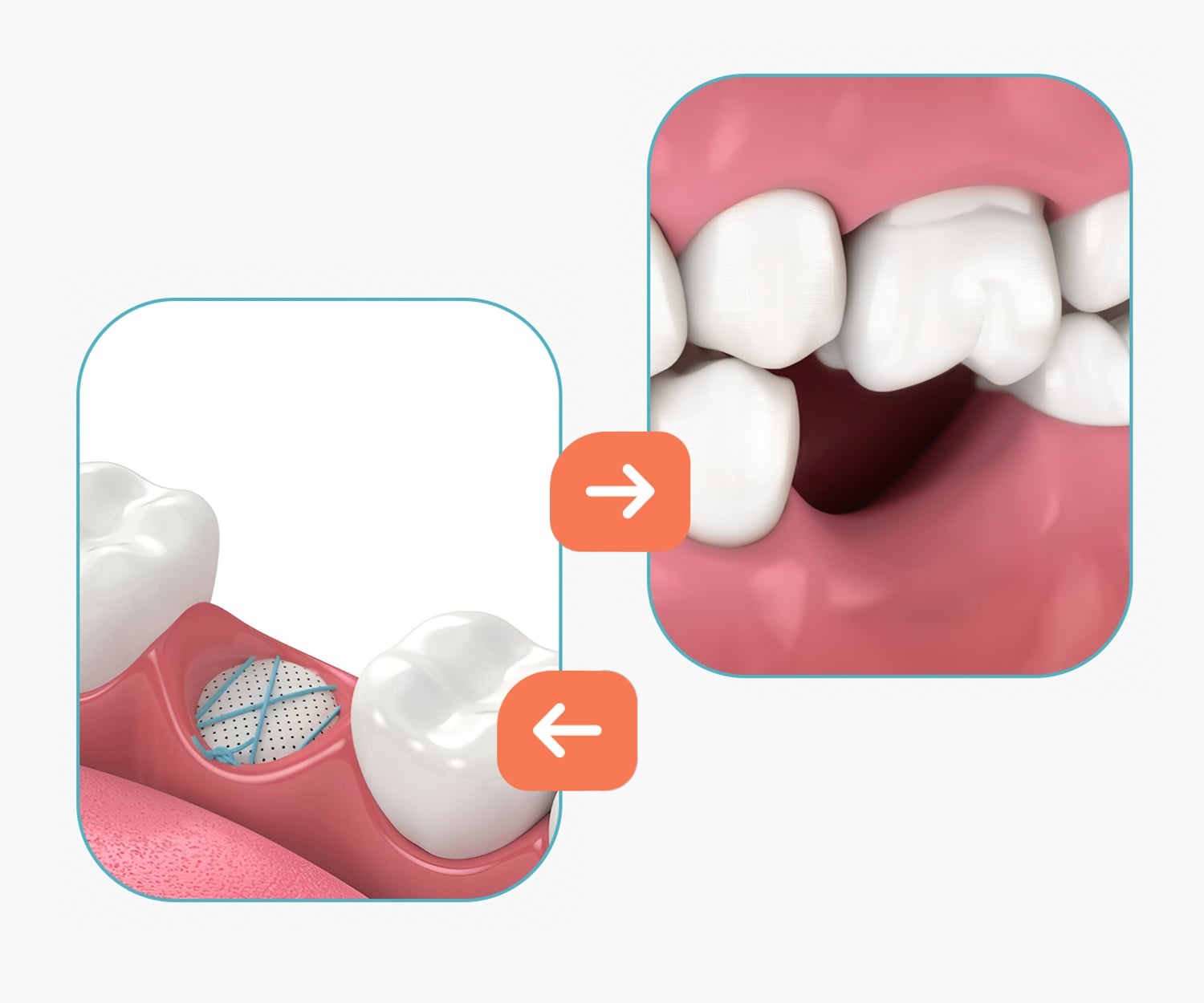To book a visit, sign up for a consultation. To clarify the details, our operator will contact you.

Bruxism
02 December 2024
What is Bruxism?
Bruxism is a fairly common condition in modern medical practice, which involves involuntary clenching and grinding of teeth. This process mainly occurs during sleep, although it can sometimes manifest during the day as well. This problem is not just a simple habit, but requires serious medical attention.
Years of medical research confirm that bruxism can cause complex and long-lasting dental complications. Patients often fail to recognize their own condition because this process occurs entirely unconsciously.
Causes of Bruxism
The causes of bruxism are quite diverse. The main factors include psychological stress, which is an inevitable part of modern life. Stressful work environments, difficulties in personal relationships, financial problems - all these circumstances create a background where the human body reacts by tensing muscles, including the jaw muscles.
Equally important are occlusion problems. Improper tooth alignment, prostheses that do not correspond to the patient's anatomical features, cause additional tension in the jaw area. Additionally, neurological disorders, sleep disturbances, and side effects of certain medications can also cause bruxism.
Symptoms Indicating the Presence of Bruxism
Patients feel sharp pain in the jaw and temple area upon waking in the morning. Tooth sensitivity increases, which is expressed by discomfort when consuming hot and cold food. Tooth wear occurs so intensively that it can cause structural damage to them.
Complications Associated with Bruxism
In the long term, bruxism leads to serious complications. Temporomandibular joint disorder can cause chronic headaches and limited jaw movement. Gum problems and the risk of tooth fracture are challenges that require timely medical intervention.
Prevention and Management Methods
Stress management techniques, relaxation practices, improving sleep hygiene, regular dental check-ups - these are measures that will help patients control bruxism.
Blitz Dental - Kakhaber Kharebava's clinic offers comprehensive diagnostics and personalized treatment. Our experienced specialists will develop an individual plan that will protect you from serious complications.
In our clinic, bruxism treatment is carried out using modern methods. The treatment is performed with special transparent splints, which are placed on the lower jaw teeth, and the course lasts from 4 to 6 months.
Modern technologies and research methods at Blits Dental:
Blits Dental is equipped with the latest 3D computed tomography, through which we conduct detailed examinations of temporomandibular joints. Early diagnosis and properly selected treatment allow us to prevent problems such as:
Pain in the temporomandibular area tension in masticatory muscles
Clicking in the joint l imitation in opening or closing the mouth ear congestion and ringing asymmetry of the lower third of the face
tooth wear
For consultation, contact us: 032 283 17 15
Treatment of edentulism (missing teeth) with a dental bridge is one of the most common and effective methods. A dental bridge allows for the restoration of both chewing function and smile aesthetics. It is a fixed prosthetic construction that is supported by healthy adjacent teeth and fills the space of a missing tooth. In this article, we will discuss what a dental bridge is, the types available, and how the placement process is carried out.
Missing teeth are no longer a problem! Dental implants offer the most advanced, durable, and natural-looking solution for restoring your smile. An implant, together with its crown, mimics a real tooth both aesthetically and functionally-helping you regain confidence, comfort, and a complete smile.
During pregnancy, hormonal changes can cause gum inflammation, bleeding, enamel erosion, and an increased risk of cavities. That’s why visiting the dentist during pregnancy is especially important.
Gnathology is one of the leading branches of 21st-century dentistry. It forms the foundation for any complex dental treatment planning
Tooth loss (edentulism) affects not only the appearance of your smile but also the overall functional health of your oral cavity
Dental veneers can be made from various materials, but ceramic (porcelain) veneers are the most widely used.
Modern aesthetic and functional dentistry is continually evolving, striving to identify restorative materials that combine exceptional strength
The eruption of baby teeth is one of the most important stages in a child’s early development.
Modern dentistry increasingly emphasizes the importance of orthodontic care.
Oral health care begins long before the first permanent tooth erupts.
A smile is one of the key elements of a person’s visual identity. It conveys confidence and positivity. However, the beauty of a smile is not only an aesthetic factor—it is directly connected to oral health.
Orthodontic treatment has long gone beyond the limits of traditional metal braces.
Dental implantation is the best method for restoring missing teeth. However, for the procedure to be successful, the jawbone must have sufficient volume and density.
Dental implantation is one of the most effective and safest surgical procedures in modern dentistry for restoring missing teeth.
Initial endodontic (root canal) treatment is usually successful and helps preserve the natural tooth.
Root canal treatment, also known as endodontic therapy, is one of the most frequently discussed yet often misunderstood dental procedures.
Tooth decay is one of the most common dental conditions, involving damage to the hard tissues of the teeth
Modern dentistry is constantly evolving, offering improved methods for solving complex issues.
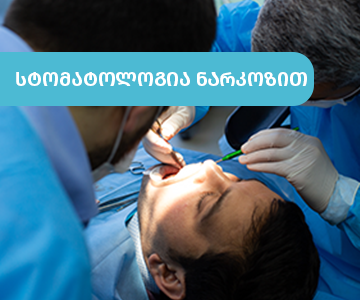
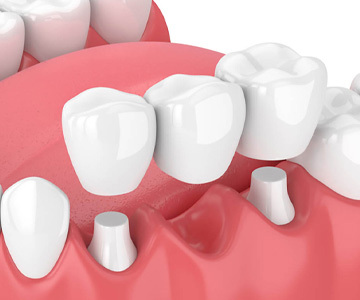
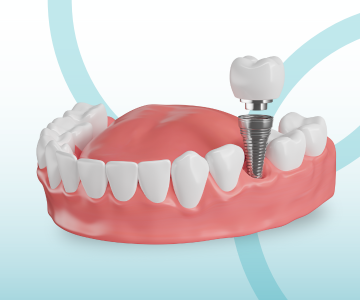
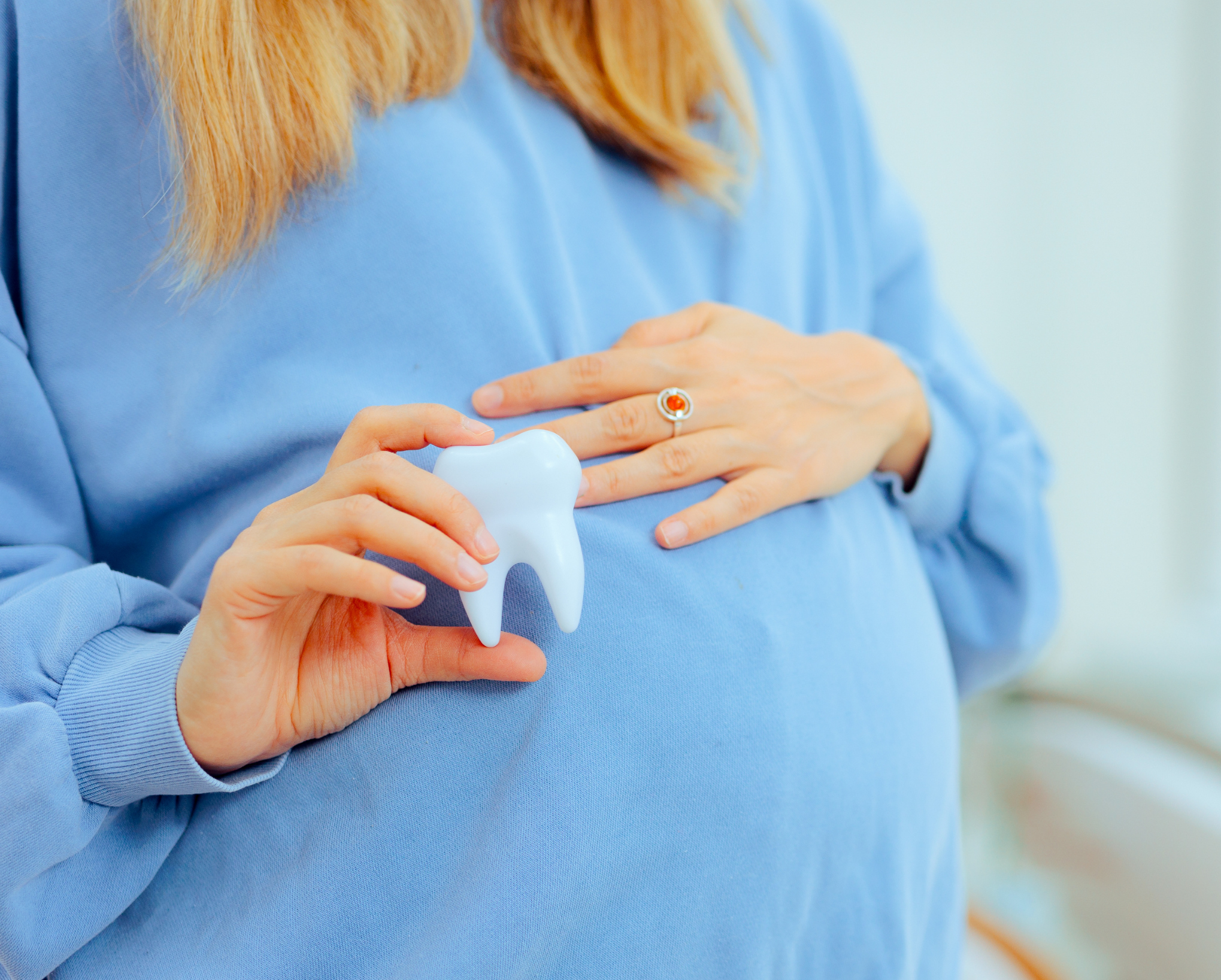
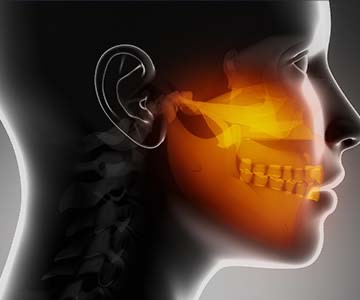
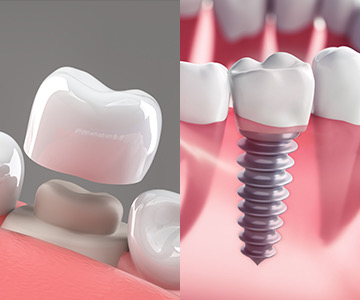
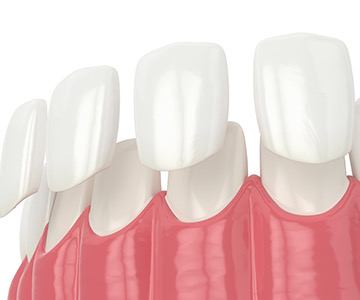
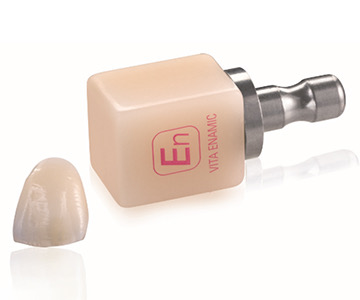

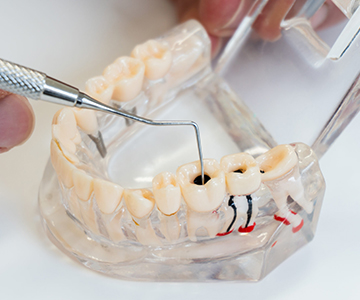
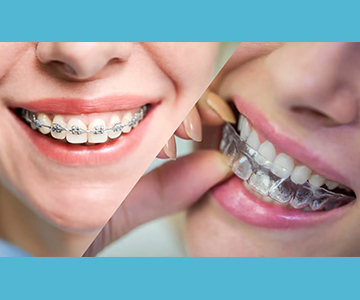


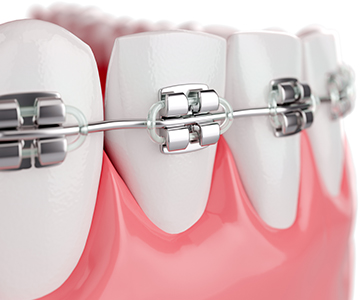
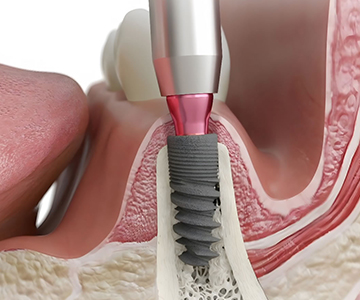
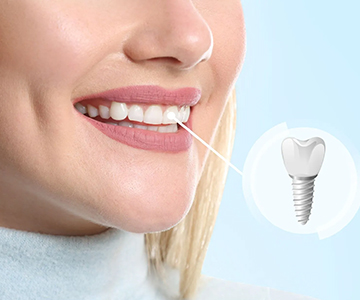
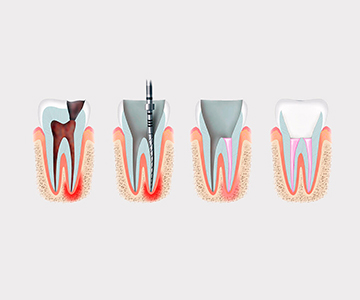
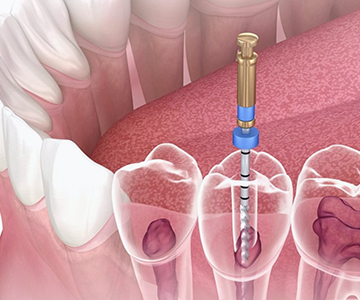
.jpeg)
